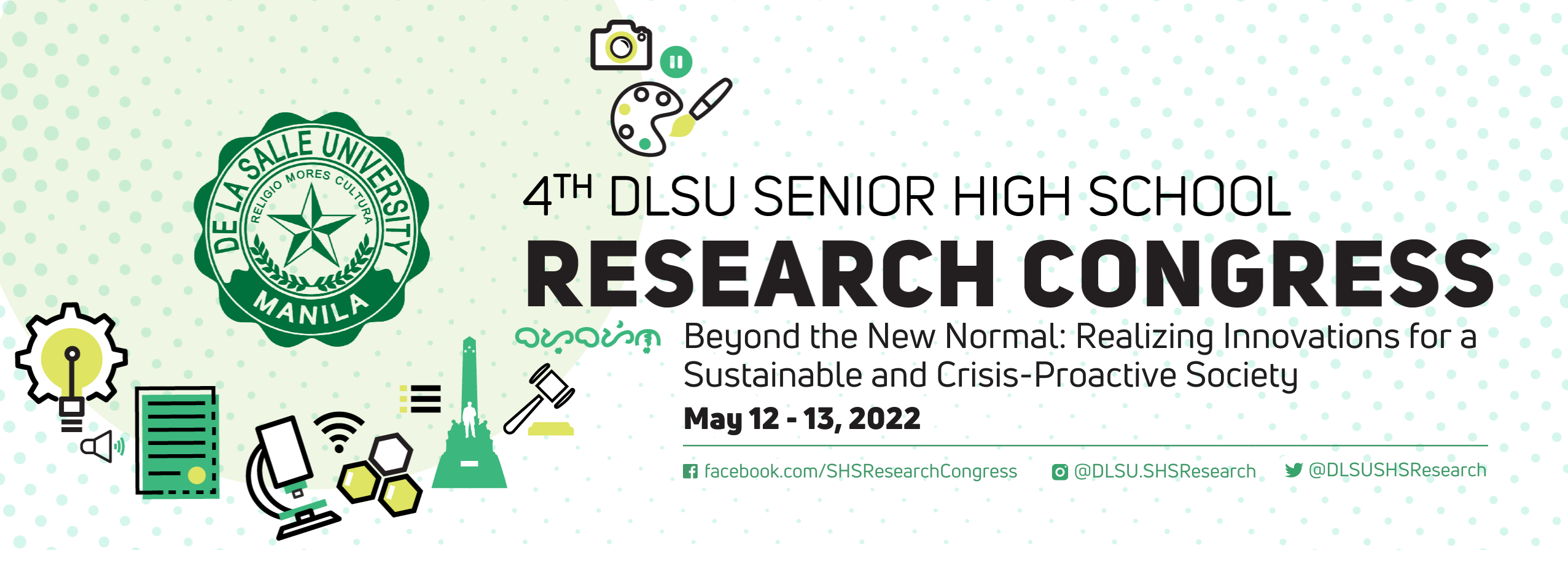‘Psst, Miss!’: Catcalling Experiences of Young Urban Cisgender and Transgender Women in Metro Manila
Document Types
Paper Presentation
Research Theme (for Paper Presentation and Poster Presentation submissions only)
Gender, Human Development, and the Individual (GHI)
Research Advisor (Last Name, First Name, Middle Initial)
Stella P. Go
Start Date
12-5-2022 1:00 PM
End Date
12-5-2022 3:00 PM
Abstract/Executive Summary
Catcalling is a persistent problem commonly perceived to be “normal” in society. However, catcalling is far from normal, as viewed by Filipino women that experienced it multiple times. This study described the catcalling experiences of young urban cisgender and transgender women. It employed a qualitative methodological approach through a phenomenological framework and utilized online in-depth interviews with key informants conducted via Zoom. The data obtained were analyzed using Braun and Clarke’s six-step thematic analysis. The study revealed that catcalling experiences of young urban cisgender and transgender Filipino women are not just limited to verbal and nonverbal forms in public areas, but also on digital platforms. However, transgender women in this study experienced catcalling on a graver scale. Moreover, because their catcalling experiences differ from one another, these women developed contrasting views about the issue of catcalling. The negative effects that women experience after being catcalled are psychological and social in nature. Their experiences had detrimental effects on their mental well-being and social interaction with male strangers.
Keywords
catcalling; sexual harassment; street harassment; young urban women; gender study
‘Psst, Miss!’: Catcalling Experiences of Young Urban Cisgender and Transgender Women in Metro Manila
Catcalling is a persistent problem commonly perceived to be “normal” in society. However, catcalling is far from normal, as viewed by Filipino women that experienced it multiple times. This study described the catcalling experiences of young urban cisgender and transgender women. It employed a qualitative methodological approach through a phenomenological framework and utilized online in-depth interviews with key informants conducted via Zoom. The data obtained were analyzed using Braun and Clarke’s six-step thematic analysis. The study revealed that catcalling experiences of young urban cisgender and transgender Filipino women are not just limited to verbal and nonverbal forms in public areas, but also on digital platforms. However, transgender women in this study experienced catcalling on a graver scale. Moreover, because their catcalling experiences differ from one another, these women developed contrasting views about the issue of catcalling. The negative effects that women experience after being catcalled are psychological and social in nature. Their experiences had detrimental effects on their mental well-being and social interaction with male strangers.


